Tag Archives: understanding
06 Mar Inference in the Face of Uncertainty
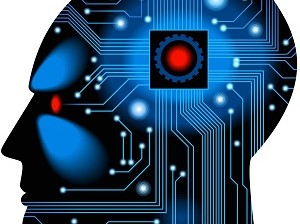
Do you know what I’m about to say? If your mind were not able to race ahead of the words and build a set of expectations about what comes next, you may not be able to understand me speaking or writing. But you can predict a lot more than your conscious awareness tells you. A […]
04 Mar Gnosticism, Mysticism and Hard Knowledge

Neural Network science describes oft rejected explicit knowledge in neurons as “gnostic cells” or “gramma cells” suggesting one neuron knows about gramma. Not all scientists agree with associationist theories that explain learning in the context of things that pre-exist in memory. In fact, an entire school of thought flatly rejects explicit representations that form the core […]
03 Mar Images in Thinking

More or Less Remembering Memory is a subjective thing. Will we ever be able to teach a computer what is memorable in art, music, literature or cinema? A great illustration of memory’s subjectivity is the song from Gigi entitled, “Ah, yes, I remember it well.” In the song’s lyrics, a woman and a man recount […]
01 Mar Hold Onto the Memories

When you see Grandmother, is there a cell or cluster of cells in your brain that light up and say: “I recognize that face – It’s Grandmother!” The Grandmother cell theory suggests that there is such a cell or group of cells where that knowledge is explicitly stored. Earlier posts included a discussion of feature selectivity […]
28 Feb Sense-Perception and Memory

I Recall… Since we have been discussing learning in the past few posts, it seems appropriate to talk about memory here as well. Of course, we are talking about human memory, but computers can remember quite well, too. In fact memory is one of the few areas where it is universally agreed that computers are […]
27 Feb Chomsky, Locke and Aristotle on Learning Language
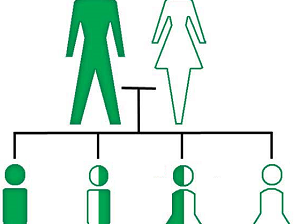
Inherited Abilities In systems design, there is a growing trend to “hard code” less into the system and leave more to be configured by the person or organization that is using the software. The growth of Rules and Workflow Engines that can be managed by non-technical users is prime evidence of this trend. And yet, the complex instruction […]
26 Feb Physiology of Learning to Generalize
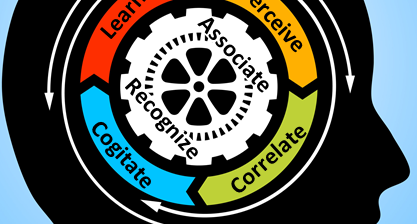
I began this blog heavily concentrating on the physiology of the brain, its cells and the way they interconnect. Learning and association are not dealt with much in those posts other than to describe ways in which the brain and its cells provide mechanisms for these activities. Many of the mechanisms of association are fairly clearly understood […]
25 Feb Discrimination, Association and Recognition
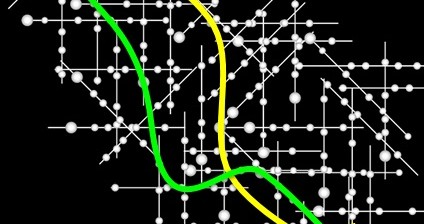
Discrimination Although discrimination has negative connotations, we do it every millisecond. We must discriminate between distractions and important information we see and hear. The environment is filled with ambient noise, sometimes so much so as to prevent understanding. Once we have filtered out the noise through discrimination, we must further discriminate between incorrect and correct interpretations of the […]
24 Feb Neural Network Perception
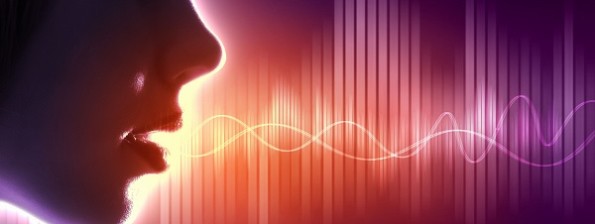
Feedback in Image Processing While the flow of electrical impulses in the brain triggered by visual stimuli travels sequentially through layers I then II then III of the visual cortex, this directional flow does not prevent impulses from other sources, including feedback loops within the visual cortex from contributing to our ability to process images. […]
22 Feb Understanding What we See

Many Japanese kanji characters (originally imported from China) are little pictures of things in the real world. For example 木 (ki) is a tree. You can see the trunk and the branches. By adding a line at the bottom 本 (hon), you get roots or origin. Put three together 森 (mori) and you have a forest. The symbol […]




